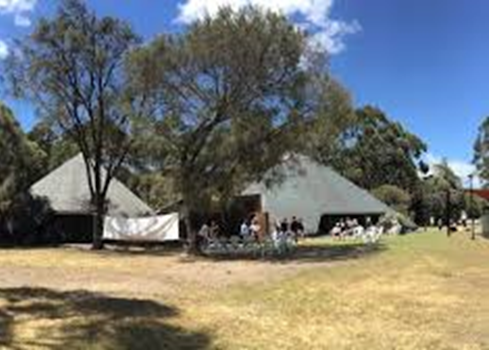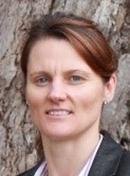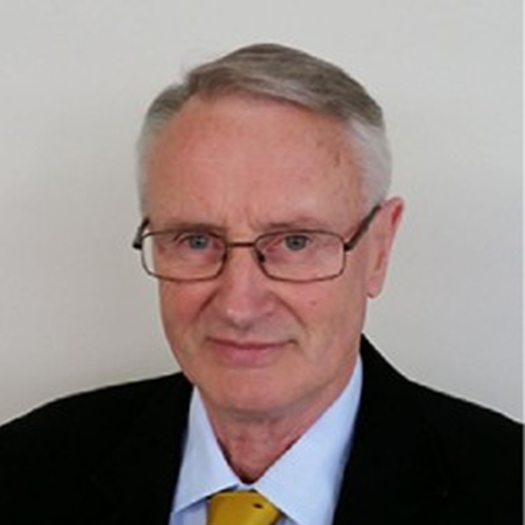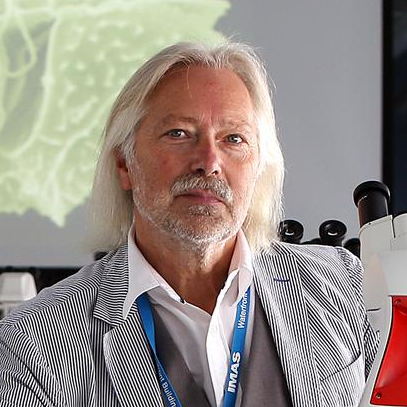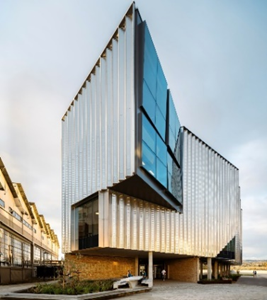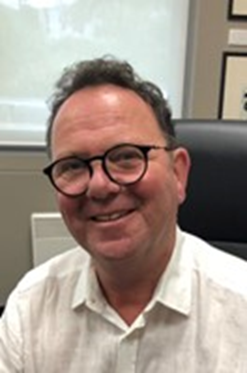The Royal Society of Tasmania invites you to its September 2024 Public Lecture by guest speaker Dr Matthew Cracknell. All RST members, their guests, and the public are welcome.
Where: Geology Lecture Theatre, UTAS, Sandy Bay Campus on Sunday 1 September, 2024 for the talk.
Time: 3.30pm for pre-lecture drinks, 4pm for the lecture.
Join us for an enlightening journey into the world of Artificial Intelligence, where innovation meets possibility. As Artificial Intelligence (AI) rapidly transforms industries, from healthcare to finance, and even creative arts, understanding its potential is more critical than ever. This talk will explore how AI is reshaping our world, driving progress, and challenging us to think differently about the future. Dr Matthew Cracknell aims to shed light on the profound impact of AI on both society and the scientific community. As AI continues to advance at an unprecedented pace, understanding its implications becomes increasingly crucial.
Don’t miss this opportunity to dive into the cutting-edge of technology and discover the advancements and ethical considerations surrounding AI and our world. Click here to register.
Dr Matthew Cracknell is a Senior Lecturer in Geodata Analytics for the Discipline of Earth Sciences and the Centre for Ore Deposit and Earth Sciences (CODES) at UTas. Prior to his current position, he held many short-term research and teaching positions at CODES, the Antarctic Climate & Ecosystems Cooperative Research Centre (ACE CRC) and the School of Humanities, University of Tasmania. He also currently leads the CODES Research Program for Geophysics and computational geosciences.

